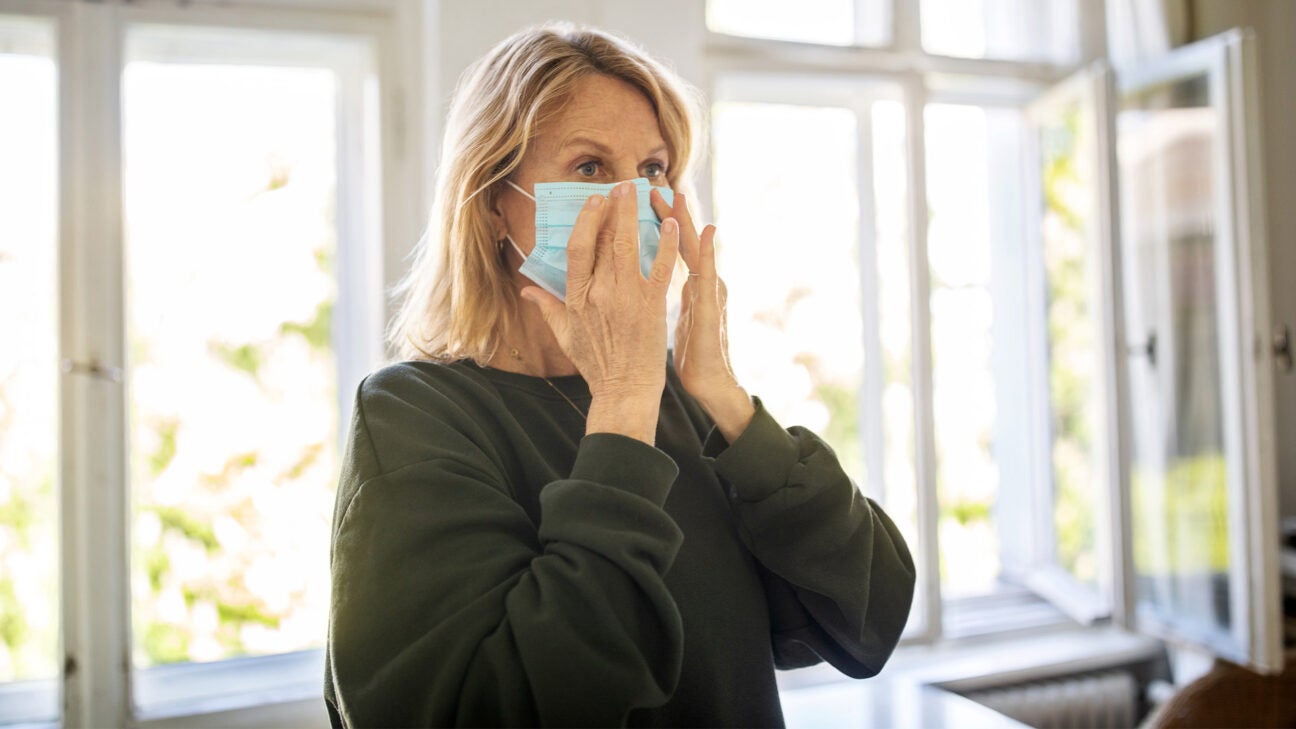
- Experts say it shouldn’t be surprising that Olympic athletes and other vaccinated people have tested positive for the novel coronavirus, which causes COVID-19.
- They say the vaccines aren’t 100 percent effective against the virus, so there can be a small number of vaccinated people who will test positive.
- They add that the vaccine doesn’t necessarily protect against infection. It protects against serious illness and hospitalization from COVID-19.
Some of the world’s healthiest bodies have traveled to Japan for the Summer Olympics in Tokyo in hopes of glory and gold medals.
COVID-19 had other ideas.
Dozens of vaccinated Olympic athletes have seen their dreams crash with the novel coronavirus at the wheel.
They’ve tested positive for the virus and have been ruled out of competition while seemingly remaining healthy.
Doctors, however, aren’t surprised by the positive test results. They say vaccines don’t always keep a person from testing positive, but in almost all cases, they do prevent someone from becoming sick, or at least as ill as they would have without the vaccine.
Dr. Jason Gallagher, a clinical professor at Temple University’s School of Pharmacy in Philadelphia and a clinical pharmacy specialist in infectious diseases, told Healthline there are two reasons we still see COVID-19 cases in vaccinated people.
“The first is the more obvious one. If a vaccine works for 90 to 95 percent of the people, that means it doesn’t work for 5 to 10 percent of them,” he said. “That level of effectiveness will squelch out a spreading virus if enough people are vaccinated, but unfortunately, we aren’t near that level right now.”
Gallagher said the second reason is more complicated.
“Vaccines are more effective at blocking disease than they are at blocking infection,” he said. “Infection can be mild or asymptomatic, and people may not even know that they have it. But if you’re looking, you’ll find it in infected people. The Olympic team(s) are testing to look for infections so people can be isolated and prevent spread, which can find infections that people would never know they had.”
“Vaccines mostly protect people from developing disease, not infection,” Gallagher said.
Providing protection
Any vaccination provides at least some level of protection.
According to the U.S. Centers for Disease Control and Prevention (CDC), fully vaccinated adults age 65 and older are 94 percent less likely to be hospitalized with COVID-19 than people who are not vaccinated. People who are partially vaccinated are 64 percent less likely to be hospitalized.
“Fully or partially vaccinated (people) had a 40 percent lower average viral RNA load than the unvaccinated, a 58 percent lower risk of fever, and a shorter illness, 6 (fewer) days of symptoms, and 2 (fewer) days spent sick in bed,” Dr. Javeed Siddiqui, co-founder and chief medical officer of telemedicine-based practice TeleMed2U, told Healthline. “The vaccine efficacy against symptomatic and severe disease was assumed to be 52 percent, 14 days after the first dose, and 95 percent 1 week after the second dose.”
Doctors say the numbers don’t lie. Vaccinated people don’t get nearly as sick, and they stay alive.
“Although it’s still possible for vaccinated individuals to test positive for COVID-19, the vaccines are nearly perfect at preventing severe illness, hospitalization, or death,” Dr. Matthew Weissenbach, the senior director of clinical affairs at Philadelphia-based Wolters Kluwer Health, told Healthline. “The vast majority of vaccinated individuals who happen to test positive for COVID-19 can expect it to be asymptomatic or experience only mild symptoms.”
Battling the delta variant
Another big factor in the surging COVID-19 case rates is mutation.
“With the delta variant, which is becoming predominant throughout the world because it’s more infectious, the vaccines have about 65 percent efficacy, versus 95 percent for the original strains,” Dr. William Lang, medical director of World Clinic and former director of the White House Medical Unit, told Healthline.
“This doesn’t mean that 35 percent of people who are vaccinated are going to get infected. It means that the risk of developing a symptomatic infection is reduced by 65 percent, versus someone who isn’t vaccinated,” he explained. “Perhaps even more importantly, it reduces by nearly 100 percent the chance of ICU hospitalization or death.”
Lang said there are three levels of protection:
- protecting against any infection at all, which is difficult to determine
- protecting against symptomatic infection
- protecting against bad outcomes even if symptoms develop, which he said is what the major vaccines are doing (“not perfect, but close,” Lang said.)
“Vaccination is never perfect, no matter what the vaccination,” Lang told Healthline. “With such a small portion of hospitalized, it is probably that most do have some other health issue that decreases immunity or increases susceptibility.”
In the end, there’s only one way COVID-19 will go away, Dr. Christina Zhang, co-founder and medical director of MiDoctor Urgent Care in New York City, told Healthline.
“The only way to stop the pandemic is to get vaccinated massively and quickly,” she said. “Every single unvaccinated person is a potential host for the COVID-19 virus to duplicate and mutate. Vaccines are safe, with far fewer side effects compared to the COVID infection. What I have observed in hospitals is just the tip of the iceberg. Patients were dying or becoming permanently disabled, not only from the COVID infection but also from complications from the illness. People developed strokes, heart attacks, blood clots, extreme fatigue, and difficulty breathing months after developing COVID.
“Many of them got COVID before vaccines were available,” Zhang added. “Not a single person wanted to go through it again.”
* This article was originally published here
No comments:
Post a Comment